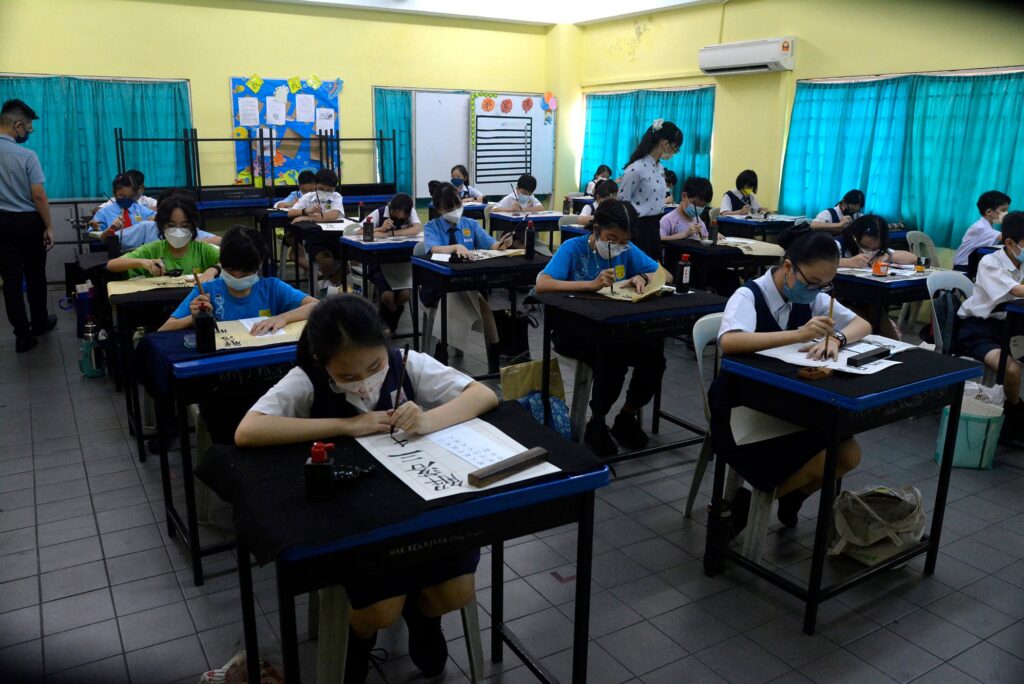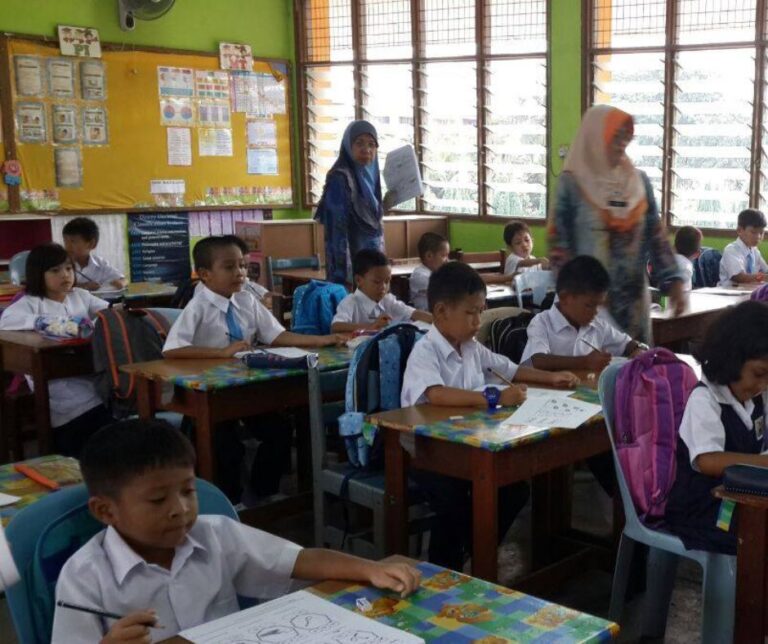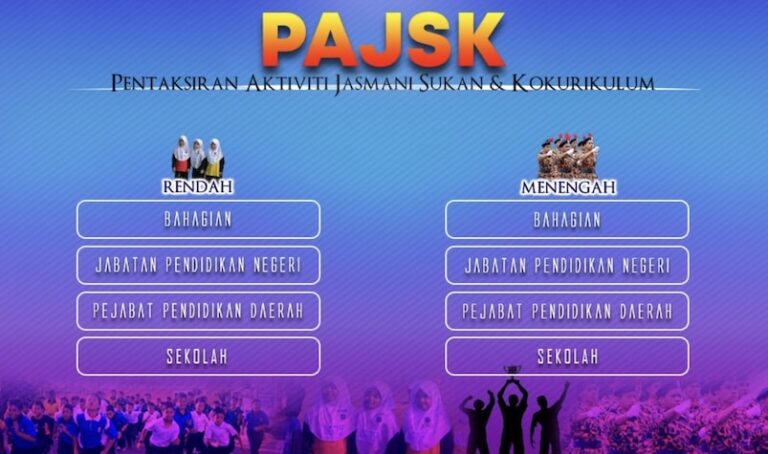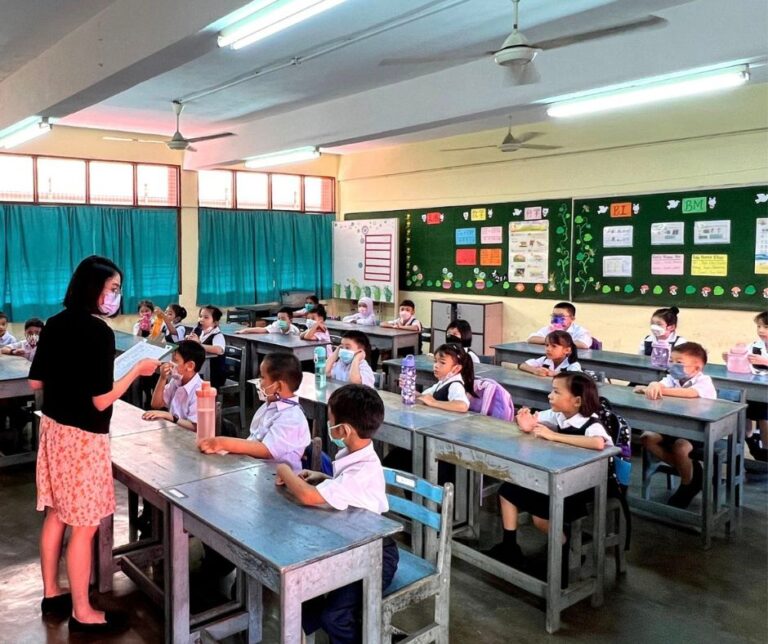Understanding PBD: Why Your Standard 1 to 3 Child Might Still Have Exams
The Ministry of Education (MOE) decided to abolish exams for lower primary students (Standard 1, 2 & 3) in all government schools (SK, SJKC, & SJKT), and replace it with Classroom Assessments (Pentaksiran Bilik Darjah, PBD), a move that has generated mixed reactions.
Some parents are happy about the decision, and feel that it should have been done earlier. On the other hand, there are some who are concerned about their children’s ability to cope with exams in higher primary standards, specifically Standards 4, 5, and 6.
Despite these concerns, the reality of the situation may not be as different from what many parents are thinking.
What is PBD (classroom assessment)? How is it different from the ‘exam’?
First of all, we need to understand what “classroom assessment” (Pentaksiran Bilik Darjah, PBD) is and how it differs from what we commonly understand as “exams”.
Let’s first talk about “exams”. Generally speaking, “exams” refer to paper tests that are administered by teachers in schools 3 to 4 times a year, with standardized questions and in a written format. Teachers evaluate students’ learning progress by grading their exam papers. However, many parents mistakenly equate written tests with “exams,” which is not accurate.
“Classroom assessment,” on the other hand, refers to evaluating students’ learning progress and mastery through diversified methods such as discussions, performances, observations, experiments, and even in-class quizzes. In other words, written tests can also be a part of “classroom assessment”.
Also, students will no longer be graded with A, B, C, D and E, but instead replaced with the new assessment method based the mastery level, or Tahap Penguasaan, TP. There 6 levels of TP, from the lower level of TP 1, to the highest level of TP 6. We discuss what is Tahap Penguasaan in details here in this article.
The Ministry of Education has instructed schools to carry out “classroom assessment,” but the details of how and in what forms this should be done are left to individual schools to decide. While schools should no longer have unified exams for entire grades, teachers can still conduct monthly or periodic tests in their classes.
So, in this regard:
Yes, it is still possible for your child in Standard 1 to 3 to have “exams.”

How do schools and teachers conduct ‘Classroom Assessment’ (Pentaksiran Bilik Darjah, PBD)?
So, in reality, how are schools implementing “classroom assessment without exams”? Here is the feedback we have received from netizens and teachers:
Firstly, regular dictation, ejaan, spelling tests, and others are still conducted as usual.
Secondly, although schools have cancelled mid-year and end-of-year exams, many schools still have monthly or small tests. Of course, compared to previous exams, the scope of these small tests is relatively smaller.
Thirdly, the frequency of these small tests varies among schools, with some having only two or three per year, while others having as many as eight! However, most schools do not provide a schedule of when these tests will take place.
Fourthly, for schools without a schedule, these tests will likely be conducted as pop quizzes without prior notice.
Why the “sudden” change to classroom assessment?
Interestingly, classroom assessment was actually implemented as part of school-based assessment as early as 2011. So, classroom assessment should not be a new concept for teachers and schools. It only takes a period of transition without exams to adapt quickly.
However, why do parents know nothing about something that was implemented as early as 2011? I ask all parents to ask themselves: What else do I care about besides my child’s report card?
The vast majority of parents care more about their child’s grades than anything else, so as soon as their grades are not ideal, they immediately look for a tuition center for their child. If there are no exams, will parents pay more attention to their child’s more comprehensive development in learning?
Maybe this is what the Ministry of Education wants to see and the reason for abolishing exams for students from Standard 1 to 3? 😁
Before you go, check out our other articles






